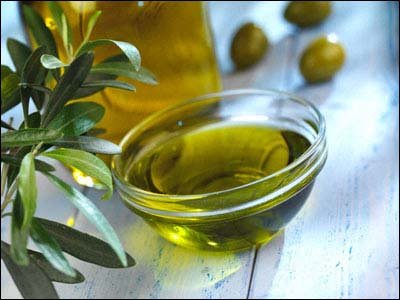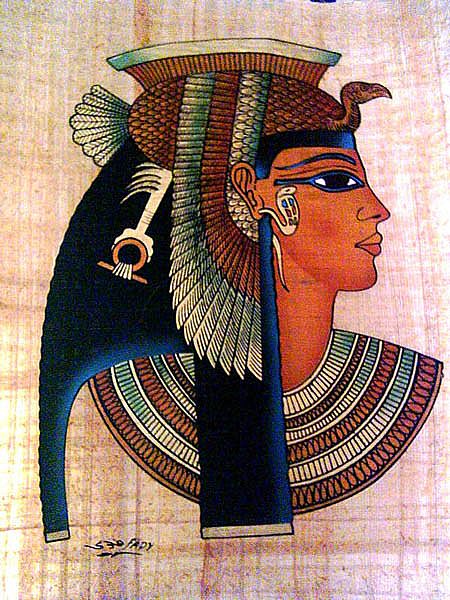
The older we get, the more we tend to see more “revolutionary” skin care products on the market. But are these skin care treatment really that new? Well let’s take a closer look…
In ancient Egypt henna was used not only as an adornment for the body but it was also used on their nails. Ancient Egyptians were at the forefront of skin care and cosmetics. They created exfoliants, depilatories, moisturizers and even hair extensions for personal beautification and for ceremonies and rituals. Egyptians were conscious of how they cared for their body. They made toothpaste from natron and relics have even been found of eye palettes, tweezers and razors! One of the most notably discoveries was an ancient manuscript entitled The Beginning of the Book on How to Make the Old Young.

Ancient Hebrews were also passionate about skin care and they often used olive oil and grape seed oil to moisturize their skin. Hebrews believed that their bodies were gifts and their grooming rituals reflected that. They were also known to use cinnamon balm to keep in body warmth in and hyssop ointment for cleansing. Pomegranate was also an important part of the Hebrew diet; pomegranate has antiseptic properties and can ward off intestinal worms.
Africans also created healing remedies from their natural environment. Over 4000 years ago Africans used twigs from the mignonette tree as a sort of make shift toothpick. The twigs from the mignoneete tree contain antiseptic properties which help prevent tooth decay and disease.
The Romans certainly loved to spa! They were know for their elaborate bath houses, and some of those ancient ruins still stand today. Bath houses were for both men and women with separate entrances for each. These bath houses offered massages, steam rooms, body scrubs, and various types of water therapy. Ancient Romans also utilized flowers and nuts to make oils and fragrances as part of their bathing and grooming rituals.
So as we can see many of the ingredients that we incorporate into products that we buy have been used for centuries. So the next time you pick up a pomegranate infused bath bath remember to thank out ancient Hebrew sisters!